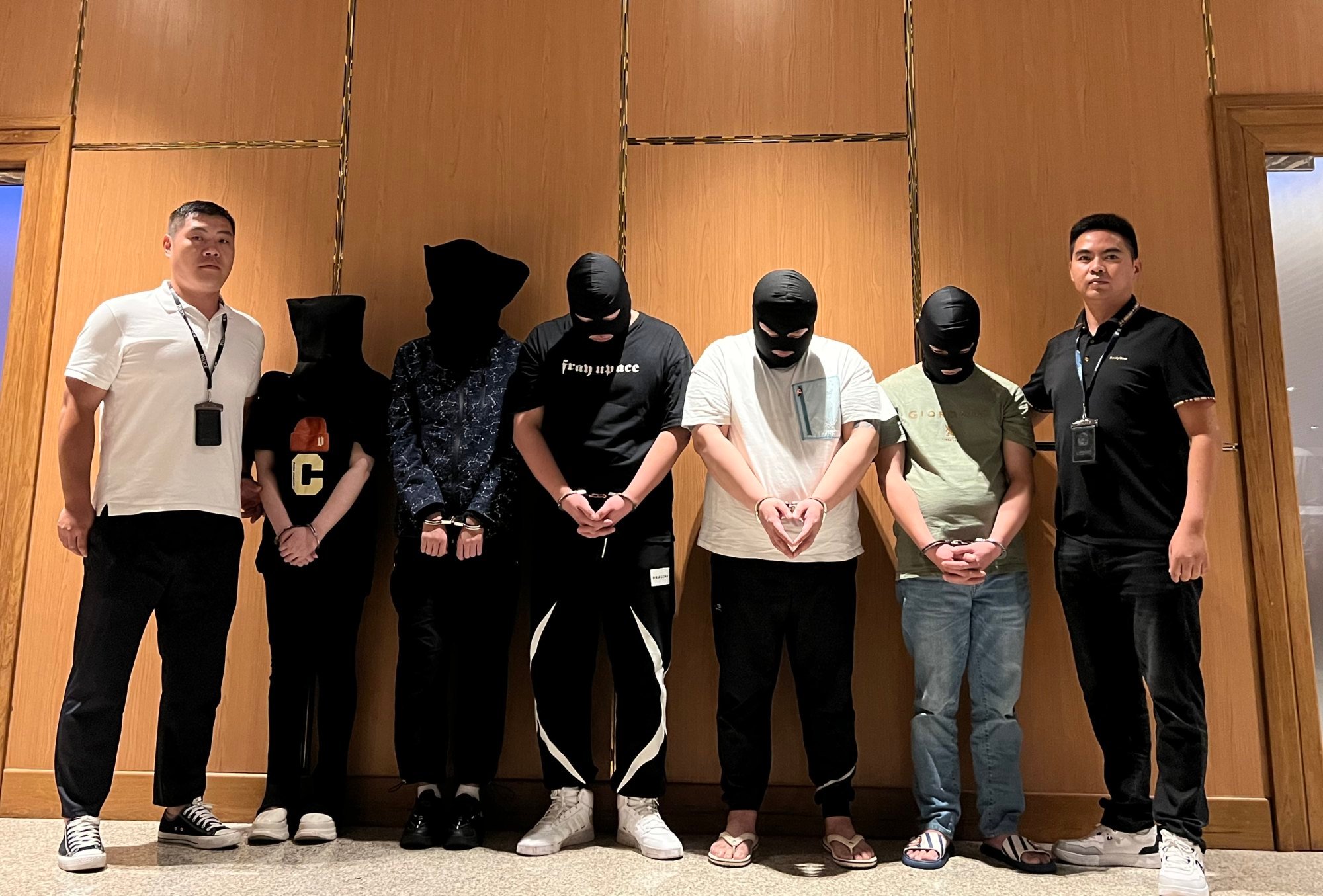Asia’s scam menace prompts rare China-Asean-UN unified response

[ad_1]
Cyber scams have harvested untold billions from victims in Asia and beyond over the last two to three years, many operating out of remote compounds beyond the reach of law enforcement staffed by workers who have been trafficked there and forced into crime.
Chinese nationals, some known fugitives, dominate the gangs that use online gambling, romance, cryptocurrency and foreign-exchange scams to target their victims – many of whom are in China or are part of the Chinese diaspora.

“Trafficking in persons connected to casinos and scam operations run by organised crime has mushroomed across Southeast Asia, particularly in the Mekong,” said Jeremy Douglas, UNODC regional representative, referring to the river that runs through mainland Southeast Asia.
“There is an urgent need for regional cooperation to address these increasingly integrated and interlinked crimes in the region, as well as the ecosystem they exist in.”
Online scam drives Thai man to kill his wife and children, police say
Online scam drives Thai man to kill his wife and children, police say
The broad strokes of the plan are to prevent “organised crime from infiltrating communities” and co-opting the economy and politics of the countries in which they operate, the text of the agreement says, as well as chasing down the proceeds of crime and “protecting vulnerable persons and victims from [further] harm”.
“Addressing this issue in one or a few countries’ domestic contexts, while necessary and welcome, will not have a significant impact,” said Rebecca Miller, UNODC regional adviser on human trafficking and migrant smuggling.
“The plan the region has agreed to includes practical and targeted actions to address transnational crime comprehensively and strategically. Progress is being made, but more needs to be done.”
The issue is made all the more urgent by the scale of the money the gangs are minting, which security experts say opens access to politicians and police in those parts of Asean where the rule of law is weakest such as Cambodia, Laos and Myanmar.
So much money is being made that the UNODC estimates the scam gangs in one Southeast Asian nation it declined to name were raking in between US$7.5 and $12.5 billion per year – “reaching half the value of that country’s gross domestic product”.
Yet these groups are also often “remarkably open, in some cases presenting themselves as legitimate business entities or even philanthropists,” the UNODC said.
‘We can kill you here’: inside the lawless Chinese-run scam hubs of Myanmar
‘We can kill you here’: inside the lawless Chinese-run scam hubs of Myanmar
But the UNODC forecasts that Southeast Asia’s scam centres will soon adapt and start to rely more on highly skilled tech workers rather than vast numbers of forced labourers trafficked into crime.
Artificial intelligence and translation tools that allow scammers to hit multiple different nationalities in seconds may lessen “the need for victims with diverse language skills”, the UNODC said, replacing this with “a need for IT skills and/or experience using various social media platforms and communication channels”.
Executives in Asia’s business hubs are already reporting a surge of cybersecurity breaches by bots stealing sensitive company data and recordings of senior staff members’ voices, which are then weaponised against employees and their clients to solicit payments.
[ad_2]
Source link





